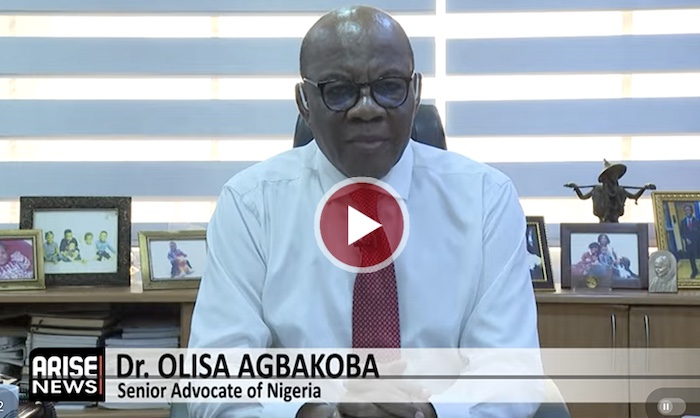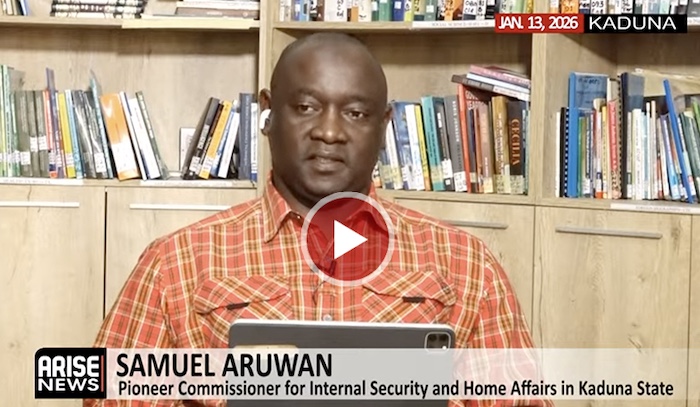
President Bola Tinubu has declined to sign two recently passed bills from the National Assembly, citing serious concerns over their fiscal impact, legal inconsistencies, and potential conflicts with existing government policies.
The President’s decision was formally communicated to lawmakers during Tuesday’s plenary session, where Senate President Godswill Akpabio read separate letters detailing the reasons for the President’s rejection of the proposed legislations.
The first, the Nigerian Institute of Transport Technology (NITT) Repeal and Re-enactment Bill, sought to restructure the operations and funding framework of the institute.
While acknowledging the good intentions behind the bill, President Tinubu faulted several provisions that, in his view, undermine financial discipline and the principles of sound governance.
A major sticking point, according to the President, was a clause authorizing the NITT to collect one percent of all import and export freight charges — a levy he described as “onerous and unfair to businesses.” He argued that the provision contradicts the Federal Government’s current tax policy, which aims to streamline levies and reduce the cost of doing business.
Tinubu also raised objections to a section permitting the institute to borrow up to ₦50 million without presidential approval, warning that such a clause could weaken executive oversight and open the door to fiscal abuse.
In addition, the President opposed a provision allowing the institute to invest its internally generated funds, stressing that as a non-revenue-generating agency financed through federal allocations, such a mandate runs counter to established public finance principles.
In a separate correspondence, President Tinubu also withheld assent to the National Library Trust Fund (Amendment) Bill, 2025, pointing to contradictions between the proposed amendments and existing federal laws and policies.
He explained that the bill’s provisions conflict with national frameworks on public institutional funding, taxation, remuneration, and tenure regulations within the civil service. Enacting the bill in its current form, he warned, could create fiscal distortions and set an “unsustainable precedent.”
President Tinubu urged the National Assembly to reconsider and amend the contentious sections of both bills to ensure they align with Nigeria’s legal framework and the government’s fiscal responsibility objectives.



